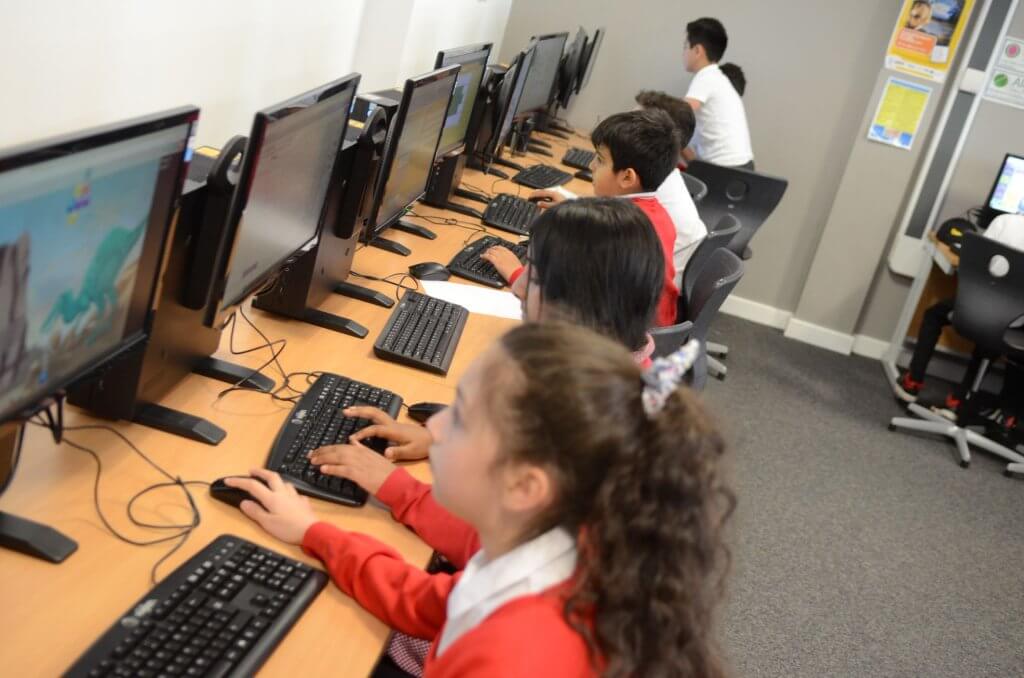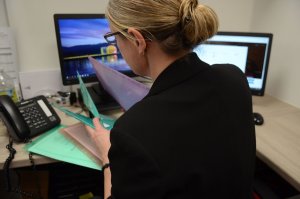Children today are known as “digital natives,” meaning they are among one of the first generations to grow up with the internet. Some children as young as three have their own smartphones and tablets, whilst five-year-olds are already navigating social media platforms. This is shaping their learning, wellbeing, and behaviour in several ways.
Whilst the digital world has many advantages to offer, research tells us that there are also serious risks:
- 27% of children admitted to being cruel to others online.
- Approximately 37% of adolescents (ages 12-17) have experienced cyberbullying.
- 50% of LGBTQ+ youth have been bullied online.
- 60% of children have witnessed cyberbullying.
In this blog, we will discuss the growing trend of young children using the internet and the importance of educating them about online safety.
The growing digital landscape
Technology has revolutionised how we access information and connect with others. From smartphones to smartwatches, many devices rely on internet connectivity for full functionality. It’s a positive development, but it brings new considerations – how can we use this technology safely and responsibly?
To answer this question, we should remain mindful of 2 key points:
- Knowledge is power: Develop your knowledge, skills and understanding of digital technology so you can make informed decisions on how to use it.
- Impact on children: Consider how these technologies affect children’s social and emotional development, and most importantly, their online safety.
Internet safety for children
Alarming statistics highlight the dangers children face online. According to government data, over a 1,000 pieces of radicalising content are removed weekly, while the NSPCC’s 2018 report reveals over 2,200 Childline counselling sessions related to online sexual abuse.
From online radicalisation to sexual abuse, the threats to children’s safety are wide-ranging and constantly evolving. This is why it is essential to educate learners how to safely navigate the online world, recognise potential dangers, and seek help when they need it.
The role of professionals in teaching children about online dangers
As education professionals, our role is to equip learners the essential digital literacy skills needed for future education and employment. However, it can be difficult to find the right balance between keeping children safe online and allowing pupils the opportunity to develop their independence and confidence in the digital landscape.
Here are the three top tips to support your pupils:
- Embrace: Learn about new platforms and technologies to understand their suitability for young people.
- Educate: Teach children about appropriate online behaviour, screen time limits, and how to navigate uncomfortable encounters.
- Empower: Build their confidence to share knowledge with others, identify inappropriate content, and understand their online rights.
Resources for cyber-safety for teens and children
Fortunately, there is a range of fantastic resources available to guide parents and children towards safe online experiences. Organisations like Childline, NSPCC, and O2 offer clear messages and guidance on how to have crucial conversations about online safety.
Teachers can also find valuable support through One Education. Our team of experts possess the knowledge and skills to help educators implement effective online safety strategies. By equipping you with the latest tools and resources, we can help to enhance your school’s cybersecurity measures, as well as empowering staff to effectively promote online safety both to children and parents.
Contact One Education today to learn more about our cybersecurity and safeguarding solutions.
In the meantime, here’s some further reading for you!
Resource for young people
Resource for parents
Resource for professionals
Any suspicious or concerning activity can be reported to CEOP here
Please complete the form below and we will get in contact as soon as we can to help you with your query.
















